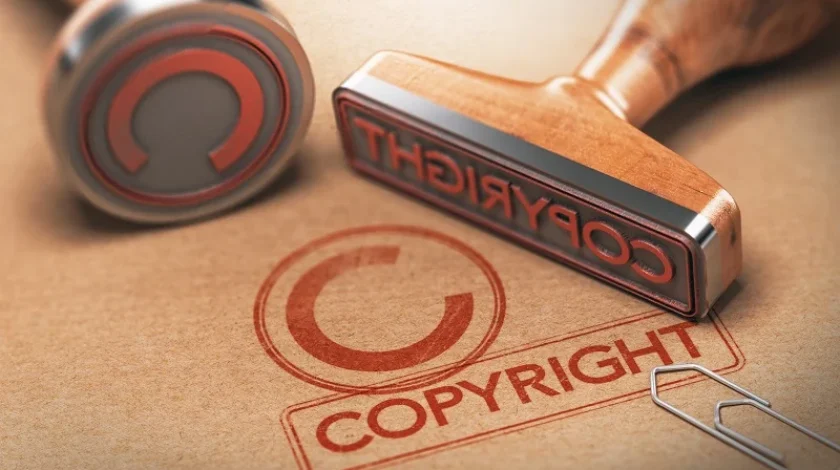On 13 August 2020, the Australian Government’s Department of Infrastructure, Transport, Regional Development and Communications announced proposed reforms to simplify and update Australia’s copyright laws[1].
What is the purpose of the proposed reforms?
These proposed reforms will aim to better support the needs of Australians and public institutions to access material in an increasingly digital world, which have been brought to the forefront during the COVID-19 pandemic with schools, universities, cultural institutions and government services having to deliver essential services online.
The proposed reforms to the Copyright Act 1968 (Cth)[2] will also finalise the Government’s Response[3] to copyright recommendations from the 2016 Productivity Commission Inquiry into Intellectual Property Arrangements[4].
The proposed reforms will include the following five main measures:
- Introducing a limited liability scheme for orphan works;
- A new fair dealing exception for non-commercial quotation;
- Amending library and archives exceptions;
- Amending education exceptions; and,
- Streamlining the government’s statutory licencing scheme.
Introducing a limited liability scheme for orphan works
A scheme will be established to permit the use of copyright material where:
- a reasonably diligent search has been undertaken, but the copyright owner cannot be identified or located (known as an ‘orphan work’), and,
- as far as reasonably possible, the work has been clearly attributed to the author.
Relevant industries such as the cultural, educational, and broadcasting sectors, as well as the creative industries will be encouraged to develop guidelines around conducting diligent searches.
If the copyright owner comes forward after a work has been used, the user will not be liable for past use of the orphan work, and will be permitted to continue to use the work upon reasonable terms as agreed with the copyright owner, or in the event where an agreement is not reached, as fixed by the Copyright Tribunal.
If reasonable terms are not met, the copyright owner will be able to seek an injunction against future use of the orphan work.
The scheme will serve to open up ‘orphaned’ copyright material to be used in modern creative endeavours and provide better access to a larger collection of works in public collecting institutions.
New fair dealing exception for non-commercial quotation
A new fair dealing exception for quoting copyright material will be introduced, subject to:
- quotation occurring for non-commercial purposes, or if the use is of immaterial commercial value to the product or service in which it is used;
- use only by cultural or education institutions, governments, and other persons engaged in public interest or personal research; and,
- the making of the quotation must be compatible with fair practice having regard to standard fairness factors.
The new fair dealing exception will reduce uncertainty and administrative burden for schools, universities, libraries, museums, government agencies, academics and researchers when they quote words from a book, passage from a piece of music or a visual image taken from a work of art.
Amending library and archives exceptions
Simplify and update provisions to apply equally to all copyright materials and be technologically neutral so that cultural institutions can make their materials available online for browsing through the digitisation of physical materials.
Amending education exceptions
The current limitations and uncertainties around the use of copyright material in classroom teaching will be removed to ensure that learning activities undertaken on school, TAFE or university premises can also take place off premises via online lessons.
It will also allow educational institutions, libraries and archives to rely on the ‘special cases’ exception, if necessary, to allow for other reasonable uses of copyright material which will not affect the creator’s commercial market, including in times of regional or national crisis.
Streamlining the government’s statutory licensing scheme
The government statutory licensing scheme will be updated to:
- extend the collective licensing arrangements with declared collecting societies to cover government copying, as well as the communication and performance (display) of copyright material;
- simplify the method of determining fees payable to collecting societies and how this is paid, including abolishing the requirement for a sampling system (survey) to be used; and,
- provide for a new exception permitting use by governments of correspondence and other material sent to government if the use is for non-commercial purposes.
What is the next stage of the reform process?
The Government expects to release exposure draft legislation in late 2020, which will provide further details of the proposed reforms and provide an opportunity for stakeholder consultation.
Interested stakeholders should keep abreast of government announcements should you wish to participate in stakeholder consultation.
If you have a query relating to any of the information in this blog, please do not hesitate to contact a member of Coleman Greig’s Intellectual Property Team, who would be more than happy to assist you today.
Disclaimer: This information is for information purposes only and is not legal advice. You should obtain advice that is specific to your circumstances and not rely on this publication as legal advice. Please contact us if you wish for us to advise you on any issue you may have in your circumstances.
[1] https://www.communications.gov.au/departmental-news/copyright-access-reforms
[2] https://www.legislation.gov.au/Details/C2019C00042
[3] https://www.industry.gov.au/data-and-publications/government-response-productivity-commission-inquiry-into-intellectual-property-arrangements
[4] https://www.pc.gov.au/inquiries/completed/intellectual-property/report














